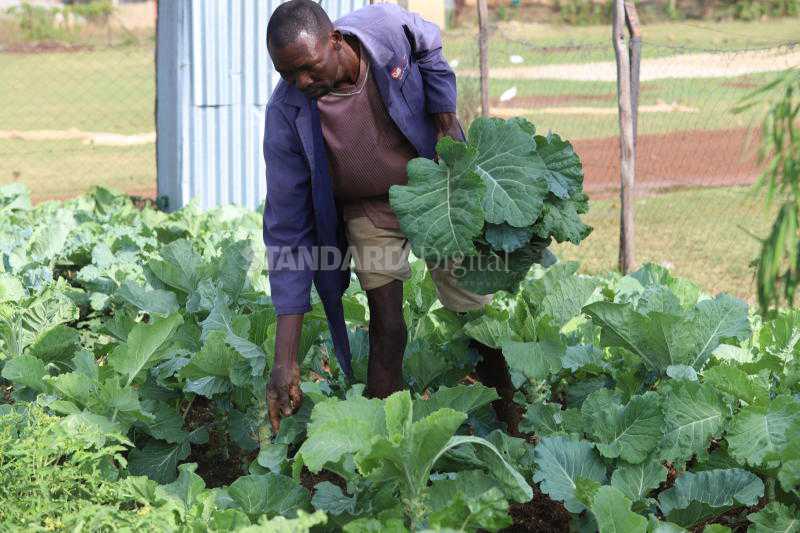×
The Standard e-Paper
Join Thousands Daily

‘Janam dhoge rach, ok cham alot’. This is a common dholuo term loosely translated to mean ‘People from the lake have no appetite for vegetables’. This is because they have easy access to fish, a tastier delicacy.
However, Joseph Odhiambo, a farmer at Usenge Beach in Siaya County has gone against the grain and is running a thriving vegetable farm right at the shores of Lake Victoria.